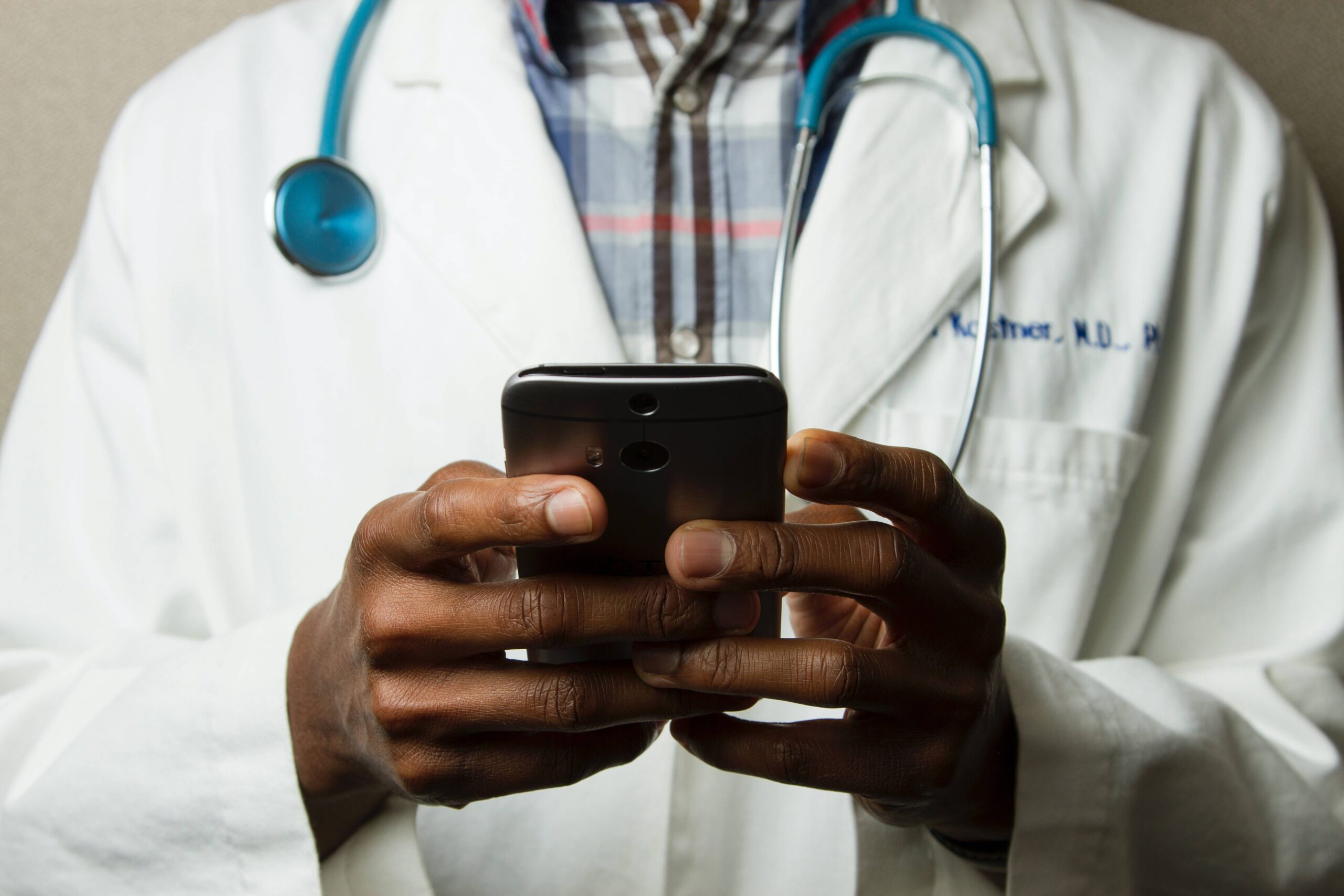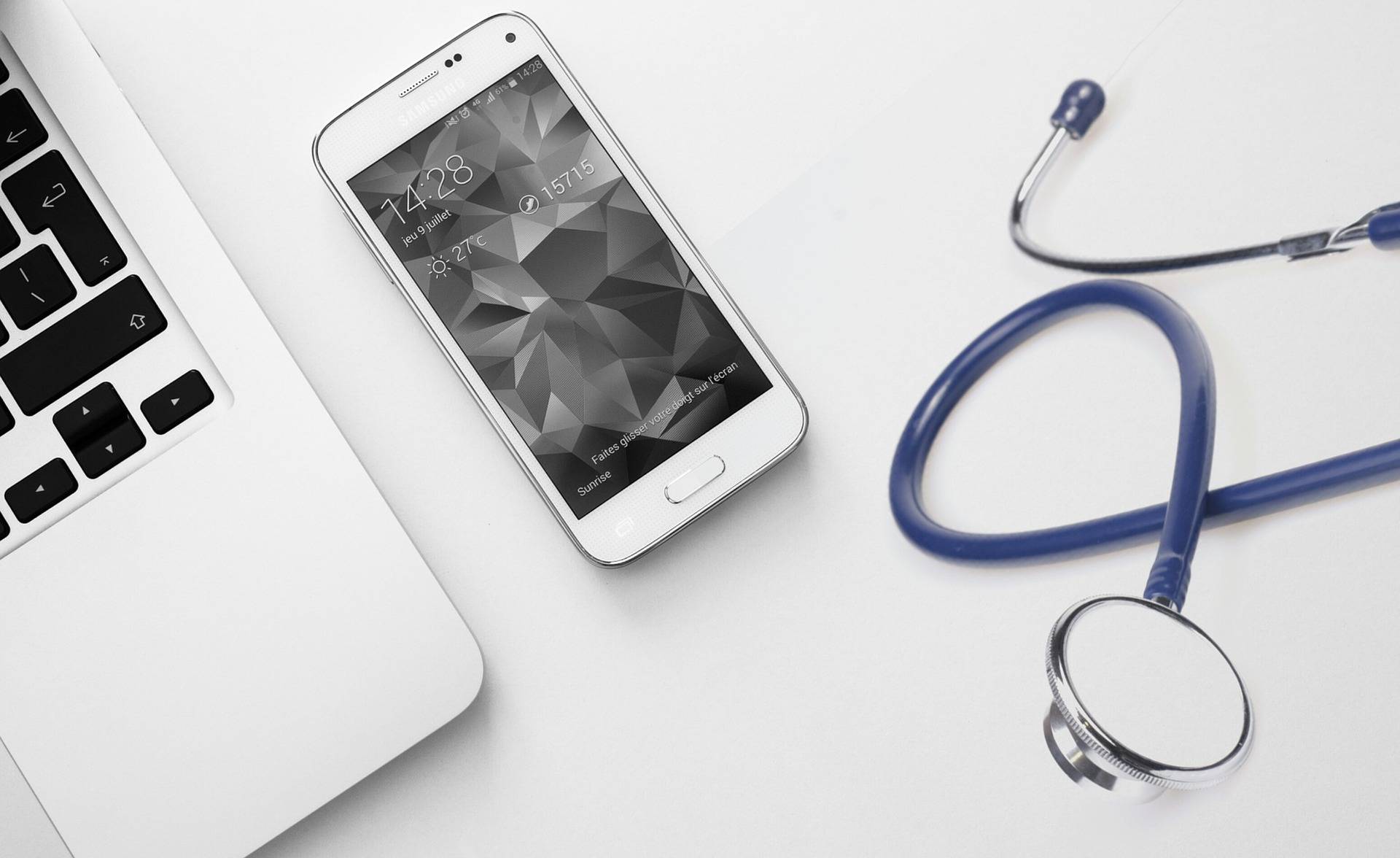How does Medical Device Data Integration Improve Patient Engagement?
In today’s healthcare environment, connected care is no longer a futuristic concept—it’s a present reality, fundamentally transforming how patients interact with healthcare providers.
At the heart of this transformation is integrating device data into broader healthcare systems, such as electronic health records (EHR) and electronic medical records (EMR). But how does medical device data integration improve patient engagement?
This blog post explores how healthcare data integration not only plays a role in improving patient outcomes but also plays a critical role in reducing healthcare costs.
The Evolution of Connected Care
As we explore the evolution of connected care, it’s important to remember that patient engagement has always been a cornerstone of effective healthcare.
In the past, face-to-face interactions with healthcare providers and adherence to prescribed treatment plans were the norm. The advent of digital health tools has dramatically shifted this dynamic. The industry is changing so fast it’s hard to get a real sense of the scope. The graphic below is a helpful visualization:

Today, connected care represents a more holistic approach, where continuous, data-driven interactions between patients, providers, and healthcare technology are possible.
What was once a world of standalone medical devices has now evolved into an interconnected ecosystem. These devices, now part of a larger system, provide real-time clinical decision support and also contribute to EMR/EHR integration.
Key Trends in Connected Care
One of the key trends that is significantly shaping the future of connected care is the increasing use of artificial intelligence (AI) and machine learning (ML) in analyzing data sources. These cutting-edge technologies have the potential to uncover patterns and insights that would be impossible for humans to detect, leading to earlier diagnosis and more precise treatments.
Telemedicine is another key trend. As remote delivery of medical services continues to expand, healthcare data integration will be crucial in providing remote care that is both effective and comprehensive.
Medical Device Data Integration: A Game Changer for Patient Engagement
EMR/EHR integration is proving to be a game changer for patient engagement. Real-world examples include diabetes management and remote cardiac monitoring, as well as integrated infusion pumps that connect to EHR systems. Patients appreciate the transparency and accuracy of their treatment, which fosters trust and encourages active participation in their care.
Enhancing Communication Between Patients and Healthcare Organizations
Medical device patient data integration allows for care coordination via real-time sharing of vital health information between patients and their healthcare teams. For example, wearable devices can continuously monitor a patient’s heart rate, blood pressure, or glucose levels and automatically transmit this data to the patient’s healthcare provider.
This ongoing data flow facilitates timely interventions, reduces the need for frequent in-person visits, and enables healthcare providers to make data-driven decisions more aligned with the patient’s current health status.
Empowering Patients Through Data
When patients have real-time data access, they can take a more active role in managing their conditions. For instance, patients can take a proactive role in disease management.
A patient with diabetes can monitor their glucose levels throughout the day and adjust their diet or insulin dosage accordingly. This empowerment leads to a sense of ownership over their health, a critical component of effectively engaging patients.
Through these integrations, patients are not just passive recipients of care; they become active participants in their health journey.
The Impact on Health Outcomes and Cost Reduction
Medical device healthcare data integration has far-reaching effects on overall health outcomes and healthcare economics. More data can lead to better clinical outcomes and significant cost savings for patients and healthcare providers by enabling more personalized and timely patient care.
Improved Health Outcomes: When medical devices are integrated with EHR/EMR systems, this allows healthcare providers to make more informed decisions, tailoring treatments to the patient’s specific needs.
Proactive and Preventative Patient Care: With real-time health data capture at their fingertips, healthcare providers can shift from a reactive approach to a proactive and preventative one. Early detection of potential health issues enables interventions before they escalate into more severe problems.
Cost Efficiency: The financial benefits of data integration are substantial. By reducing the need for in-person visits, hospitalizations, and emergency care, this technology helps to lower overall healthcare costs. For example, remote monitoring devices can eliminate the need for frequent hospital check-ins, allowing patients to manage their conditions from home.
In summary, integrating patient data into healthcare systems leads to improved patient outcomes and cost savings, making it a critical component of modern patient care.
Overcoming Medical Device Integration Challenges
While the benefits of data integration are clear, achieving seamless integration comes with its challenges. These include compliance with stringent regulations during data migration, ensuring data quality and security, and managing the scalability of data systems. However, with the right partner, these challenges can be effectively managed.
Compliance and Security: Security concerns in patient data integration are a major consideration in ensuring compliance with FDA and global regulations. Healthcare providers must navigate a complex landscape of rules that govern patient data security, collection, and storage. Data privacy is also a top concern. Failure to comply can result in severe penalties and loss of trust from patients.
Scalability: As medical devices proliferate, so does the volume of data and variability of data formats. This presents a challenge in terms of scalability. Healthcare providers need systems that can ensure data is not compromised as the volume scales.
Interoperability: Another significant challenge is ensuring that devices seamlessly integrate with existing EHR/EMR systems. This requires interoperability, where devices and systems from different manufacturers and platforms can communicate and share data effectively.
In conclusion, while integrating device data into healthcare systems presents challenges, these can be effectively addressed with the right technological solutions. Galen Data’s cloud platform offers the security, scalability, and interoperability needed to overcome these obstacles, allowing healthcare providers to fully realize the benefits of connected care.
Expanding Patient Empowerment for Long-Term Health Management
Beyond the immediate benefits of managing day-to-day health, medical device data integration empowerment extends to long-term health management and overall wellness. Patients with continuous access to their health data are better equipped to identify patterns, make informed decisions, and engage in preventative measures that contribute to their long-term well-being.
This can have a mental health benefit by giving patients a greater sense of control and empowerment. It encourages patients to adopt healthier behaviors and fosters a collaborative relationship with healthcare providers, leading to sustained improvements in health outcomes.
Moving Forward: The Future of Connected Care
As the healthcare industry continues to evolve, medical device integration companies are providing the on-ramp to the future. Data integration is not just a fleeting trend; it’s a pivotal element of the future of healthcare, providing more personalized and proactive care and new opportunities via new medical device integration jobs.
At Galen Data, we’re committed to staying at the forefront of these innovations. Our cloud platform is designed to help healthcare providers navigate the complexities of data integration, ensuring they can take full advantage of the benefits connected care offers.
Whether you want to develop a secure and scalable data management plan or leverage our medical data and compliance expertise, Galen Data is here to help.
Partner with Galen Data today to prepare your healthcare organization for the future of connected care. Schedule a call to discuss your needs and discover how our platform can support your journey toward more integrated, patient-centered care.






